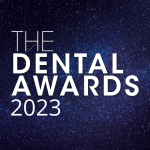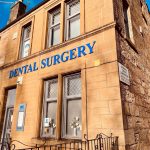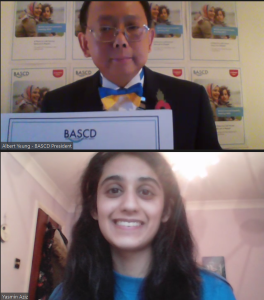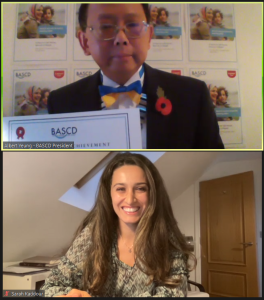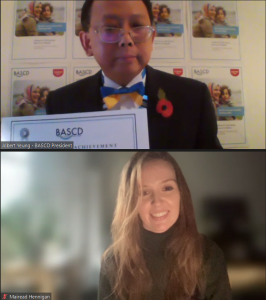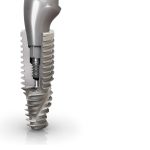Clinical note taking is a crucial aspect of the dental team’s responsibilities. Keeping comprehensive records of every patient’s appointments, treatment plans, and consent is vital for protecting dental professionals and ensuring that best practice has been followed at all times. However, note taking in itself is a very time-consuming process, eating into the patient’s appointment time and, commonly, the dentist’s time as well. Due to the sheer amount of information required to produce complete notes, traditional note taking is a long and laborious process, and many dentists worry about forgetting to include potentially important information – which could result in legal action.
The importance of complete note taking
The GDC Standards for the Dental Team are to be followed by all dental professionals, and if you’re found to not meet these standards, you may be removed from the register. When it comes to clinical note taking the GDC states that you must make and keep contemporary, complete, and accurate patient records – this includes a medical history to be updated each time that you see a patient. And, when available, radiographs, consent forms, photographs, models, recordings of consultations, laboratory prescriptions, statements of conformity and referral letters should be included as part of the patient’s dental records.[i] You should also ensure that you obtain valid consent before starting treatment, following an explanation of all the relevant options and possible costs involved for each patient.[ii] These conversations with patients regarding consent to treatment and examination should be noted. And, the dental team should record as much detail as possible regarding discussions with patients – and ensure all records can be understood by others.
Clear communication between yourself and the patient, alongside thorough note taking, is essential in minimising the potential for litigation. The GDC received 1,349 complaints in 2021 – a 19% increase from the previous year. The GDC investigates the keeping of proper records as part of their proceedings, to help keep patients safe.[iii]
The dental team must ensure they are meeting their obligations according to the GDC standards to protect them in the event that any concerns are raised about their fitness to practice.[iv]

Impact on the dentist and patient
Across many professions, workload and regulations can lead to issues with mental wellbeing. This can be particularly true in dentistry. Research[v] suggests that dental professionals link the causes of burnout and mental health issues to three key issues; working conditions, isolation, and regulation/litigation. A high number of participants in such studies went on to express the ways in which the landscape in dentistry of regulation and litigation meant that they were experiencing emotional distress leading to burnout or mental illness. They explained that they felt a constant fear of litigation. For many, this will be incredibly overwhelming, especially when we consider the potential consequences.
This need to spend copious amounts of time focussed on record-keeping, particularly during appointment time, leads to less time spent with the patient, too. Patients often use dental appointments as an opportunity to gain advice and talk through their dental health. They may feel unable to do so when the dentist is occupied with administrative tasks. However, even when dentists complete notes after the appointment, this poses its own challenges. Notes may be less accurate, and information and conversations are more likely to be forgotten. It is important to find a balance here, as both comprehensive note taking and quality patient care are very important.
Reclaim your working hours
Because of the strain that comprehensive note taking can put on your workload, dentists should consider ways to relieve the pressure. For example, the GDC recommends that you record information straight away to maintain accuracy.iv However, taking notes during appointments or immediately afterwards isn’t always that simple, with many dental practitioners needing extra time to ensure their notes are complete and accurate. So, finding ways to save time and maintain high-quality records is vital.
When you switch to Kiroku, the digital note taking platform, you are able to take comprehensive, patient specific notes with the click of a button. The technology only recommends prompts which are relevant to the case, evaluating any steps you may want to take, and promoting best practice by suggesting any information you may like to include when speaking to the patient and completing your records. For the dental practitioner, this means that you are able to take accurate and complete notes 60% faster than before – easing the worry of missing out important information and hugely minimising the risk of litigation.
Incorporating digital solutions into your practice to assist you in your day-to-day responsibilities will help you and your dental team work more efficiently, and improve patient satisfaction. Plus, having the assurance that your clinical notes are always accurate and complete, will help you to relieve the worry of potential litigation and keep your work at the highest possible standard.

To find out more about Kiroku, or to start your free trial, please visit trykiroku.com
[i] GDC. Focus on standards. Principle Four, Maintain and protect patients’ information. (Date accessed: 02.09.22) https://standards.gdc-uk.org/pages/principle4/principle4.aspx
[ii] GDC. Focus on standards. Principle Three, Obtain valid consent. (Date accessed: 02.09.22) https://standards.gdc-uk.org/pages/principle3/principle3.aspx
[iii]GDC. Annual Report and Accounts. (Date accessed: 05.09.22) https://www.gdc-uk.org/docs/default-source/annual-reports/4787—gdc_annual-report-21-22-v7-accessible.pdf?sfvrsn=7dfa926c_3
[iv] GDC. Insights from GDC fitness to practise concerns. (Date accessed: 02.09.22) https://www.gdc-uk.org/docs/default-source/fitness-to-practise-learning/gdc-ftp-insights-spotlight-q3-2019-record-keeping-final960ebfdf-4a86-4e7f-b07f-ec3c4cc97ec4.pdf?sfvrsn=fd1b46b3_5
[v] BDA. The mental health and well-being of UK dentists: a qualitative study. (Date accessed: 02.09.22) https://bda.org/about-the-bda/campaigns/Documents/The%20Mental%20Health%20and%20Well-being%20of%20UK%20Dentists.pdf






